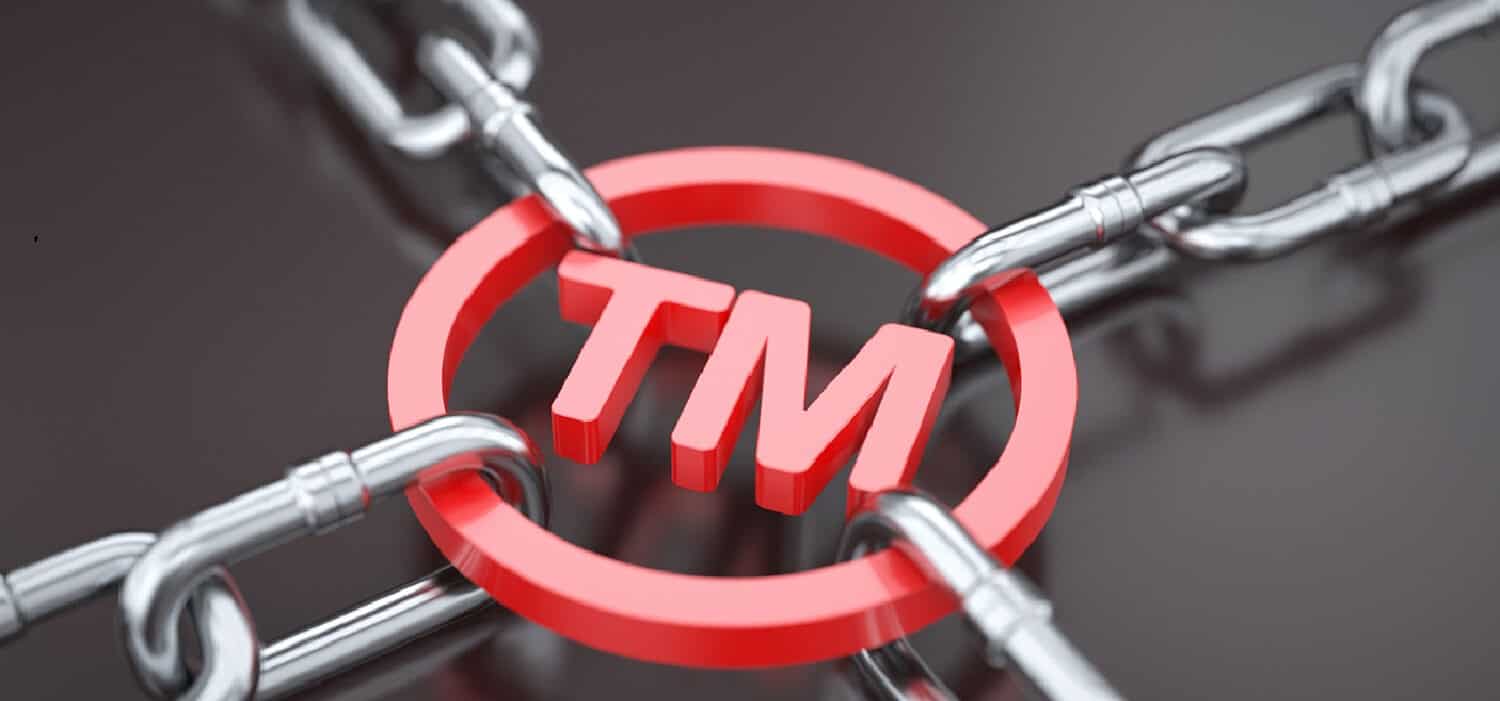Buckles, Clasps, and Other New Tools for Trademark Enforcement
July 6, 2020 | Litigation Articles

Business that use trademarks or service marks now have a more powerful remedy against others who use those marks, or confusingly similar ones, without consent. A new United States Supreme Court decision, issued April 23, 2020, removes the requirement of proving willful infringement to recover lost profits. Plaintiffs in trademark lawsuits can now recover losses by proving infringement alone. This decision strengthens trademark rights, makes them more valuable, and will likely have ripple effects even outside of litigation.
Historically, most successful plaintiffs in trademark infringement lawsuits have been limited to an order (called an injunction) requiring the defendant to stop using the mark, and an award of monetary damages if the plaintiff can prove they suffered harm to their business, like lost sales, as a result of the infringer’s use of the mark. Proving damages could be complicated and difficult, though. So courts have historically allowed successful infringement plaintiffs to instead recover the infringing defendant’s profits – the profit the company made in using the mark – in lieu of a potentially small and difficult damages award.
There was one hitch, though. Most trademark infringement plaintiffs – including those whose cases were filed in California were only allowed to recover the defendant’s ill-gotten profits if the defendant acted “willfully” in using the plaintiff’s mark. Generally, the plaintiff would have to show that the defendant knew about the plaintiff’s mark and used it anyway, which can be difficult to prove. Courts throughout the Ninth Circuit (which covers many states including California, Washington, Oregon, Arizona, and Nevada) and many other Circuits were bound by this long-standing rule, that unless the plaintiff proved willful infringement, it could not recover the defendant’s profits. Stone Creek Inc. v. Omnia Italian Design Inc.
The recent United States Supreme Court decision, in a case called Romag Fasteners, Inc. v. Fossil Group, Inc., just changed this rule. Now, if you sue an infringer for using your mark and succeed, you can recover a judgment for the infringer’s profits even without proving willful infringement. The Court reasoned that the trademark statute enacted by Congress says nothing about willfulness as a prerequisite for getting the infringer’s profits. The Supreme Court overturned many decisions around the nation, going back decades, which had imposed a willfulness prerequisite. Now courts will have discretion to award lost profits even if the defendant did not act willfully in using the mark.
This change in the law will make it easier not only to recover profits in litigation, but should also make it easier to get other companies to cease using a similar mark before any lawsuit is filed. The heightened threat of obtaining the infringer’s profits will undoubtedly cause some infringing companies (even those acting innocently) to voluntarily cease using the mark when they receive a cease and desist letter, rather than risking further use of the mark and having to pay over all their profits in litigation.
Subscribe to our Blogs
Get notified when new posts are published.
